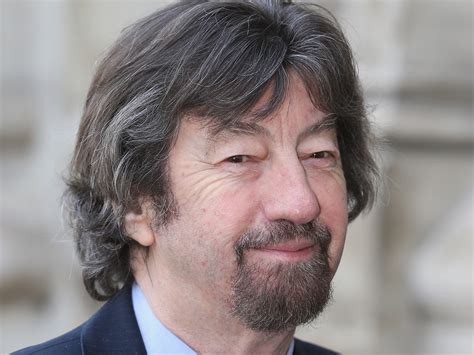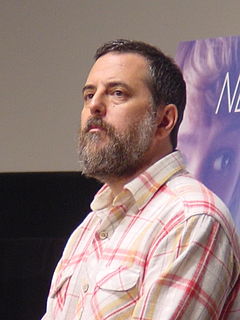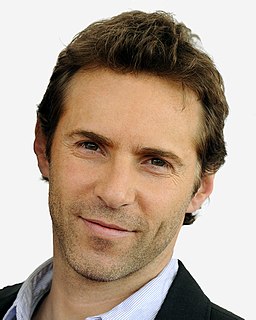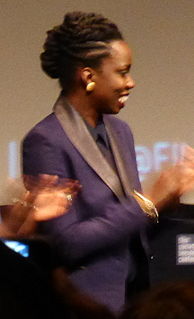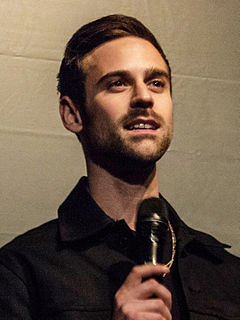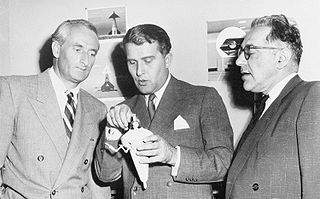A Quote by Trevor Nunn
The film director, in many instances, has to swallow somebody else's decision about the final form of something. It's so hard as to be intolerable.
Related Quotes
I think that's true of all cinema, that's why cinema is the great humanistic art form. Whatever the film is, it doesn't matter what the film is about, or even whether it's a narrative or figurative film at all, it's an invitation to step into somebody else's shoes. Even if it's the filmmaker's shoes filming a landscape, you go into somebody else's shoes and you look out of their lens, you look out of their eyes and their imagination. That's what going to the pictures is all about.
I'm able to lead my life as well as make a film. My wife and my friends and people around me know that I do tend to distance myself a little bit during the making of a film, but I have to, it's a natural part of the process for me because you are indulging in the headspace of somebody else, you are investing in the psychology of somebody else and you are becoming somebody else, and so there isn't enough room for you and that somebody else.
I grew up in New York and I've always lived here, so I look at myself as a regular person. When somebody recognizes me from the film - and it can be a wide range of people, which shows the power of film - I feel like they're talking about someone else we both know. I just find it hard to believe that anyone would stop me to share how much they loved something that I was a part of.
